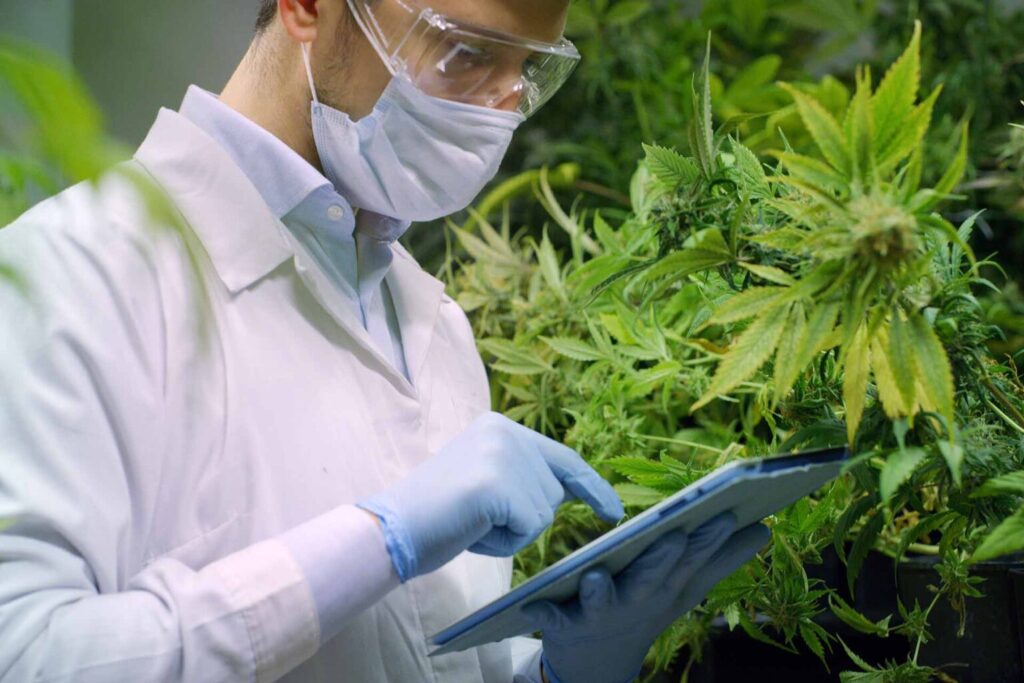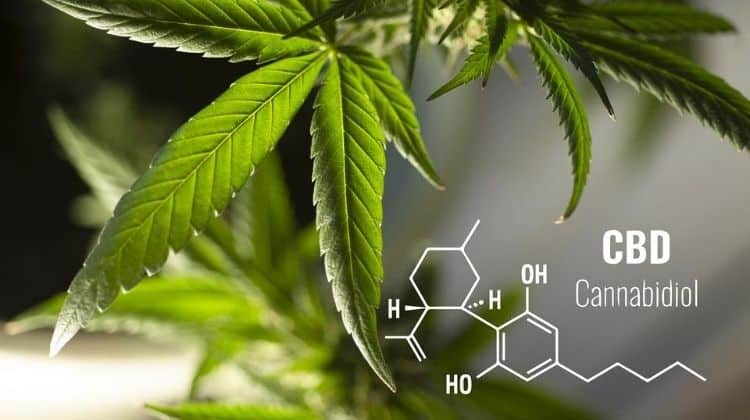Is CBD Still Relevant?
It has been several years since hemp-based products became legal at the federal level. Since then, countless new products have entered the market. While CBD continues to lead in popularity, other minor cannabinoids like CBG and THCA have gained significant attention. With this shift, many are beginning to question whether CBD still holds its place in today’s cannabinoid market.
Recent studies suggest that CBD remains just as relevant as ever. Ongoing scientific research continues to uncover new information about how this cannabinoid works and how it may benefit our health. These discoveries are helping to renew consumer interest in CBD, providing new reasons to incorporate it into daily wellness routines.
New Evidence on CBD’s Neurotherapeutic Effects
A 2025 review published in Biochemical Pharmacology explored CBD’s interaction with the 5-HT1A receptor. The review analyzed existing studies that examined how CBD binds to this receptor and how this interaction affects the body.
The 5-HT1A receptor is part of the nervous system. A 2013 study described it as a major inhibitory receptor subtype that exists in two primary populations within the nervous system, referred to as autoreceptors and heteroreceptors. These receptors function by coupling with Gi/Go proteins, which help regulate multiple intracellular signaling pathways.
According to the 2025 review, CBD was found to promote desensitization of the 5-HT1A receptor. This desensitization suggests that CBD may have neuroprotective and antidepressant effects. However, researchers also noted that the impact of CBD on this receptor appears to depend on the serving size used, meaning that dosage plays a crucial role in the cannabinoid’s effectiveness.
New Evidence on How CBD is Absorbed
In January 2025, researchers published a study exploring how diet influences the absorption of CBD in the body. In this study, twelve participants ranging in age from 18 to 60 were given CBD capsules containing 70mg of CBD about thirty minutes after consuming a high-fat meal.
The study’s findings suggested that both healthcare providers and CBD users should understand that taking CBD with food significantly boosts its bioavailability. The researchers also emphasized the importance of pairing CBD intake with meals to help ensure more consistent and effective results.
While the research involved a relatively small group of participants, these early findings add valuable insight into the way CBD interacts with the human body. The study also underlines the importance of knowing how timing and food consumption can impact the effects of hemp-derived cannabinoid products.

It is already widely recognized that THCA converts into Delta THC when exposed to heat through a process known as decarboxylation. However, a study published in February 2025 brings new insights into how CBD responds to high-temperature extraction methods. This research broadens our understanding of how CBD is influenced when subjected to heat.
Researchers found that the degree to which CBD transforms is heavily impacted by the moisture content of the hemp being extracted. Their findings highlight the importance of this factor not only for hemp analysis and metabolic research but also for the development of functional foods that contain CBD.
Does CBD Still Matter?
CBD remains highly relevant today. Ongoing research continues to expand what we know about this powerful cannabinoid, revealing new possibilities for its application in both medical and scientific fields. Even though other cannabinoids have gained attention in recent years, CBD continues to stand strong as a valuable part of the hemp plant.
Studies like the one mentioned above play a crucial role in advancing our collective understanding of hemp. As new discoveries emerge, they unlock fresh opportunities for innovation and solutions that were previously out of reach.






